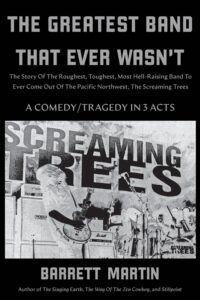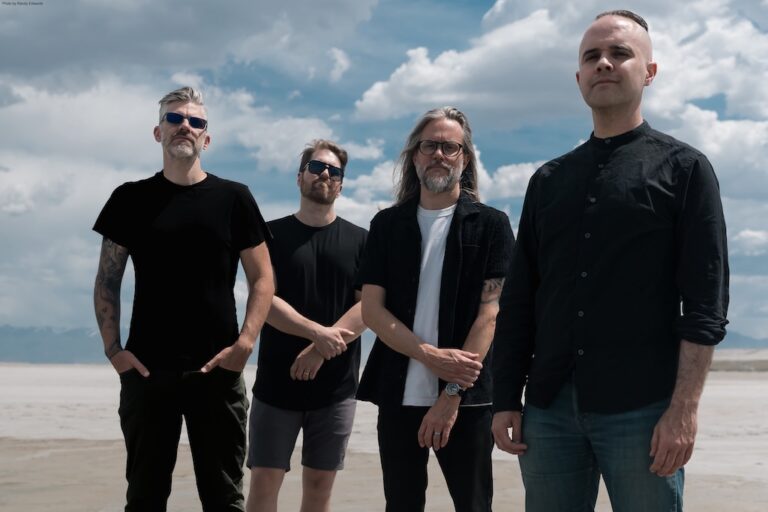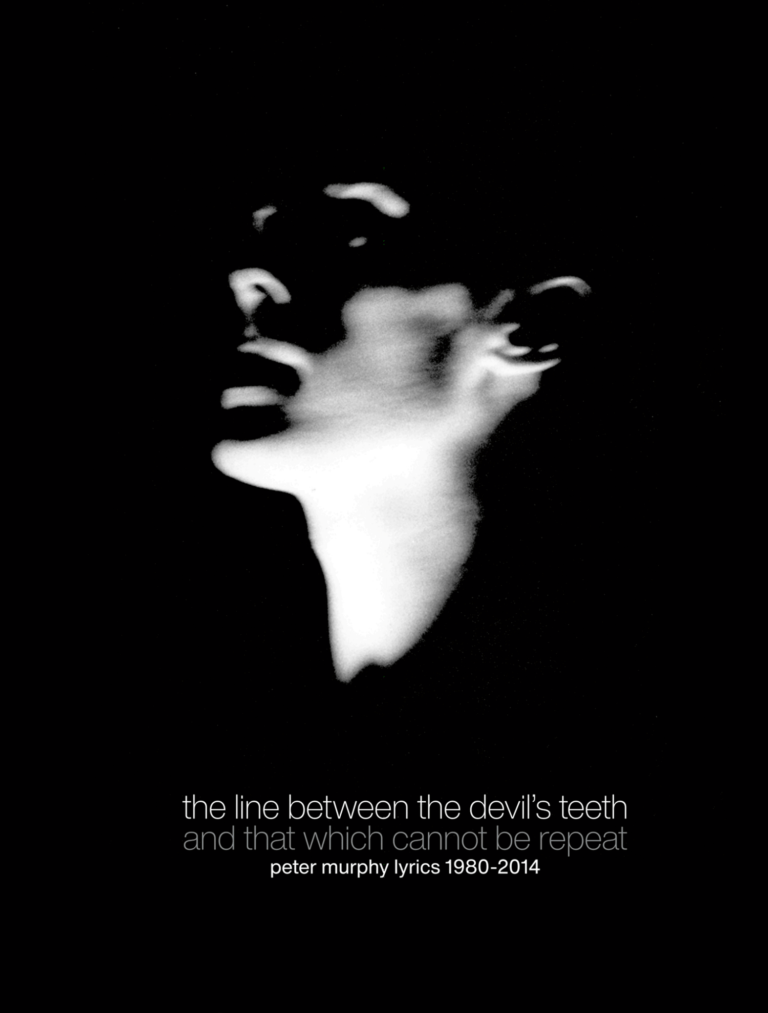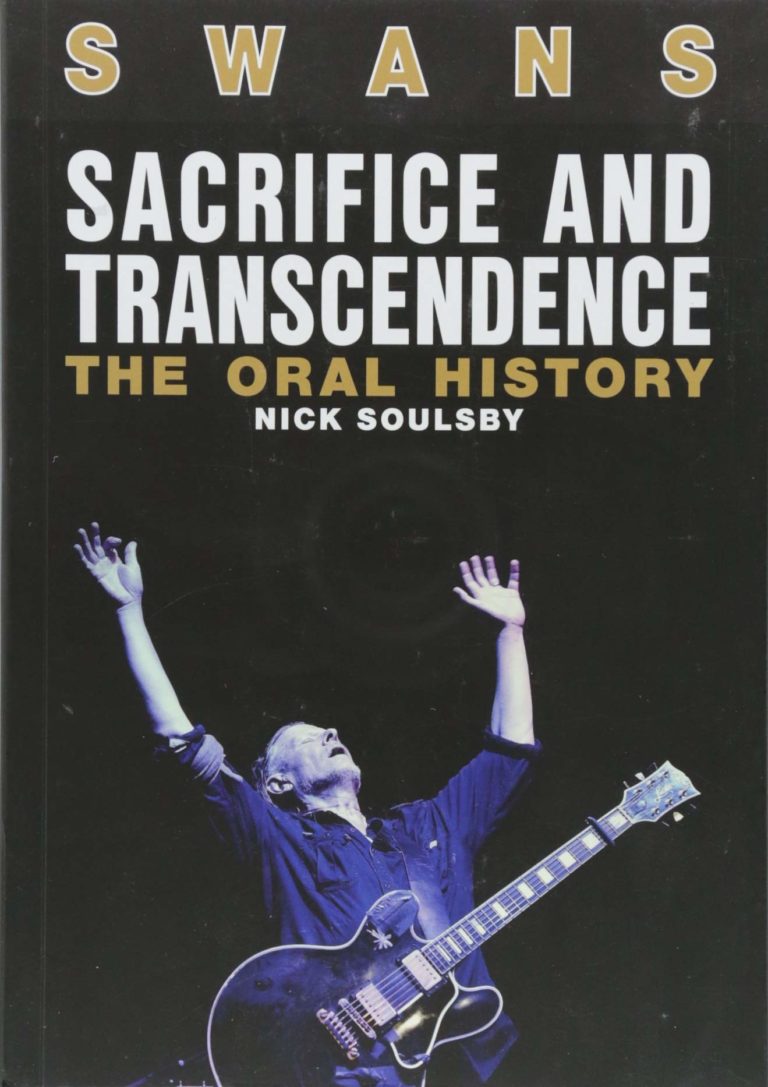
The phrase page-turner is an over-used descriptor, typically thrown at the week’s generic crime novel, and with relatively little thought. As such, I hesitate to use it in relation to Barret Martin’s excellent Screaming Trees biography, The Greatest Band That Ever Wasn’t, but it is no less than the exact and literal truth. The book arrived on Wednesday morning, was picked through in a desultory fashion on Wednesday evening, and then completed somewhere around 2 in the morning, having utterly captivated my attention.
The reason for this is not so much the excellence of the subject matter (for the record, the Screaming Trees furnished one of my top ten albums of all time in Dust), but rather in Barrett’s ability to tell a tale. A confident, wry storyteller, what sets Barrett apart is the fact that he recognises both the Trees’, and his, contribution to music, but with neither the arrogance nor the dreadful faux humility so often found in this kind of text. When he relates, for example, the potential (and less-than-stellar reality) of Sweet Oblivion, you can sense the mixture of pride and frustration associated with an album that absolutely should have driven the Trees forward in a commercial sense, and this gives the book a grounding in reality that lends credence to the various tales of boundless potential and missed opportunities.
However, while there is (at times) a sense of frustration, there is never any sense of bitterness. Barrett recognises the band’s mistakes for what they were, places blame where blame is due, but does so with a twinkle in his eye that is irresistible. Equally, when darkness does emerge (and any story of the Trees’ incendiary history necessarily has to deal with darkness), it’s related with a simple sincerity that is far more effective than any amount of handwringing or an over-indulgence in pathos could possibly be.
As such, The Greatest Band That Ever Wasn’t is effective because it not only sidesteps the typical pitfalls of a rock biography, but it emerges as the literary equivalent of spending an evening in the pub with an artist who has the wisdom and experience to relate their tale, combined with all the humour, sadness, pride, and self-effacement, necessary to keep you on the edge of your seat. Indeed, large portions of the text are incredibly funny. Time and again, you’ll find yourself laughing out loud at the absurdity of the situation in which Barrett and the band found themselves – whether engaged in fistfights or suffering from “wardrobe malfunctions”. And, while you’ll find yourself brought back to earth with a bump at the memory of a fallen star (Mark, Layne, and Chris all pass through these pages), the sorrow is fleeting, for Barrett chooses to focus on his happiness at having spent time with these troubled, talented individuals, rather than the sense of loss he undoubtedly feels.
I absolutely loved The Greatest Band That Ever Wasn’t. As with all good music books, it made me want to go back to the Trees catalogue (not to mention the wonderful Mad Season album), and listen all over again, and with an even greater appreciation for the music within, if that’s possible. While it kept me absolutely hooked, greedily racing through the pages, and refusing to let Barrett go until he had told all he had to tell, it is also a book I can imagine dipping into from time to time, with each story neatly self-contained. A compellingly human portrait of life in a rock ‘n’ roll band, The Greatest Band That Ever Wasn’t is a wonderful book that leaves you feeling like you know the people involved – to the extent that you feel a genuine sense of loss when you do finally reach the end. Equally, with its frank portrait of the mechanics of the music industry, it should be mandatory reading for anyone thinking of picking up an instrument. By the end, you may have no love for the music business but, thanks to Barrett’s enduring passion, you’ll surely be more eager than ever to indulge your creativity, and I can think of no higher accolade for this excellent tome.



